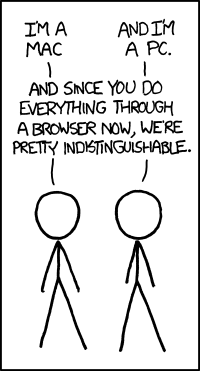One of our TDs took himself off to Silicon Valley a while back to see what was special about the place and more to the point, could we create something similar here in Ireland. In a way, it was a laudable objective, and you can read the article he wrote subsequent to the trip here.
I honestly believe that collective will would allow something special to be created here; but that will isn’t something you’d find in SIlicon Valley. There are a couple of things which make the Valley special – I’m not necessarily going to go into this in detail but the following are obvious advantages:
- proximity to high quality education
- infrastructure
- access to finance
There are a couple of other small items as well such as greater tolerance of business failure, and faster recovery from said business failure.
Eoghan Murphy didn’t really talk about these in detail except the business failure side of things; he concentrated on solutions that involved importing people, via programs of paying people’s salaries, for example.
I’m not sure this is the way to look at things. We need to teach people to have ideas, and the faith that they can carry them through. Ireland is appalling at this; I suspect, in part, because of the social judgmentalism which I think the Catholic Church gifted us. How we judge people’s success is depressing. It’s not often because they have created something special, but only because they went to the right schools, or, made money and talk to the right people.
In my view, the ecosystem which is Silicon Valley, or some functional equivalent, might be better grown here if we look at two key things:
- education system
- how we fund start ups.
We do neither particularly well. If you look at both Facebook (which I don’t like) and Google, both of them grew out college projects to some extent. In the early days of Google (and if you have not read In the Plex by Steven Levy you should), they got huge support from Stanford University. It’s the sort of support that not one university here could do because they don’t really have the money.
Via a ridiculous job creation scheme, the government appropriated money from pension funds to do something about our unemployment. If we want to create something innovative and special here, Job Bridge was not where we should have put the money; and nor is it in “trying to create Silicon Valley”.
We have some useful advantages here. We have the wherewithal to build decent data centres. We have the wherewithal to teach people to exploit them. That is where I’d like to see that money going; into the future and not just the present.
